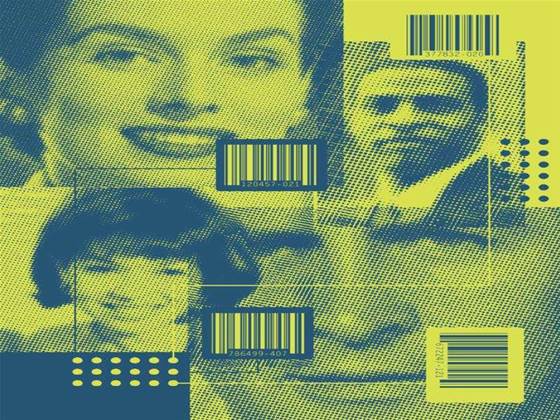Speaking at the Biometrics Institute 10th annual conference yesterday, former Tasmanian Labor senator Terry Aulich said he was "astonished" at the variation in inter-generational attitudes to privacy exhibited by subjects in his research.

Australian governments of both stripes have tried unsuccessfully to mandate a single identification card, first under Labor in 1985 and then under the Coalition 10 years later, but both attempts fell foul of public opinion and the proposals' inherent complexity.
But Aulich said that could all change as a generation weaned on sharing the most intimate aspects of their lives with random strangers online came into their majority.
"There is a new generation that is much more open to invasive technology," he told iTnews. "These people have grown up in an era where people accept invasions of privacy, sometimes they welcome it. They are replacing people, now in their 50s and 70s, that were very protective of privacy."
Aulich said the Federal Government could "get up an Australian Card now - if they were smart and attached benefits to it, and if we had a new Privacy Act".
Aulich said that benefits such as greater speed to access information and convenience would need to be emphasised to win over public support.
Forcing citizens to pay for their ID cards or an inability of card authorities to safeguard data would derail any attempt to re-introduce a national identity scheme.
"What will happen is as the older generation move [on] the younger generation will accept what today would be seen as an invasion of privacy [in] a national identification system," he said.
"But that could be set back at any time in the decision-making process by some absolute stuff ups the way government or companies are maintaining and protecting data."
Aulich singled out Melbourne's CityLink toll road, which the media exposed when it lost thousands of commuter's credit card details to a disgruntled former employee.
"(Victorians') views of a national identification system literally dropped amazingly at the time ... you wouldn't believe how many people read a little item like that and say 'I don't think the time is right to trust governments or organisations to protect our data'."
Aulich, who runs a security consultancy and was involved with the first Australia Card proposals, cautioned his clients not to get carried away with bidding for big government identity-card contracts because the process was very expensive and the political winds could shift at any time.
But he said that a national and "possibly an international system" will be accepted and that Australia was a leader in its attitudes because of the many passports issued each year - more than a million - all of which have biometric information coded on them.
All that biometric information comes at a cost. He said he was sceptical of the ability of organisations' ability to protect Australians' privacy, especially of political parties and media organisations that enjoy exemptions from privacy laws.
"I'm quite suspicious about some organisations' capacity and willingness [to use private biometric information]," he said.
"As a pollster, I know the way you collect data now and back-engineer stuff; I think the invasion of privacy has gone much further than anyone imagines or understands. When you get into [a political party's] inner sanctum and see what they can do with that data it's amazing.
"While we've got those [privacy law] exemptions [for government, small business and media] and occasional stuff-ups, the take-up of a national identification system is not going to go at a pace."
He said that governments have a "lot to prove" to Australians before they will be trusted with such a national system: "When politicians put themselves under the Privacy Act then we'll really be cooking with gas".
Aulich's advice for vendors and systems integrators considering bidding for what appeared to be lucrative government contracts:
"Understand you could spend a lot of money on an access card [bid] but it can be blown out of the water if government [doesn't] handle it appropriately.
"I have to advise a lot of clients ... be very, very careful about the amount of time and effort you put into that bid because governments come and go and even within governments you'll have changes of mind caused by the proximity of an election and stuff ups."
The Biometrics Institute conference concludes today with presentations on iris and face recognition, identifying subjects in real-world environments and border controls.



_(33).jpg&h=140&w=231&c=1&s=0)
.png&h=140&w=231&c=1&s=0)






 iTnews Benchmark Awards 2026
iTnews Benchmark Awards 2026
 iTnews Executive Retreat - Security Leaders Edition
iTnews Executive Retreat - Security Leaders Edition
 iTnews Cloud Covered Breakfast Summit
iTnews Cloud Covered Breakfast Summit
 The 2026 iAwards
The 2026 iAwards












_(1).jpg&h=140&w=231&c=1&s=0)



